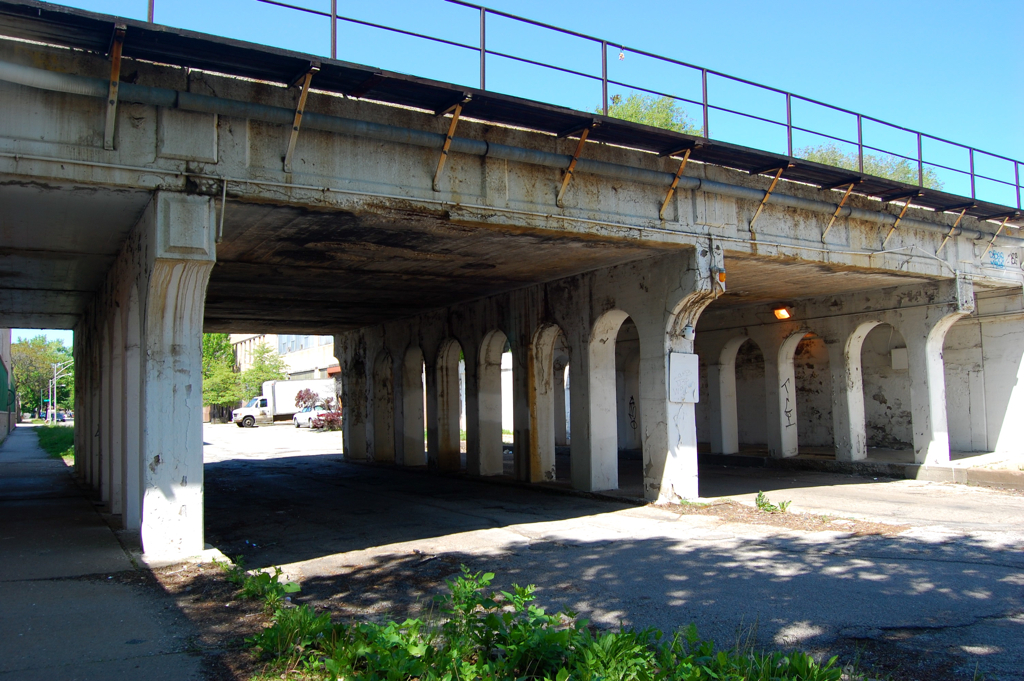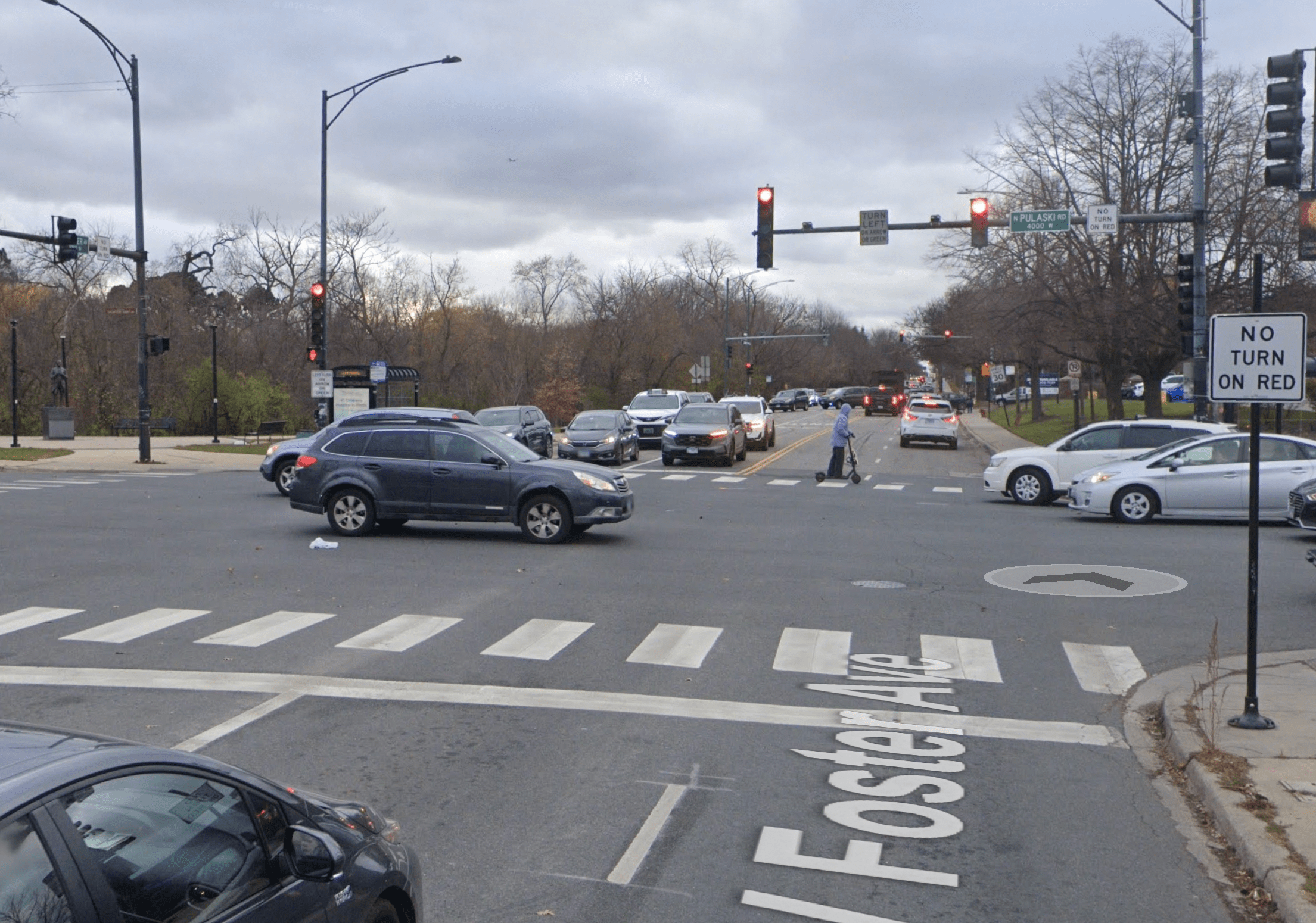Mayor Lori Lightfoot is finalizing a multi-billion dollar capital spending plan that will reportedly help aldermen stretch their $1.32 million discretionary "menu" funds and create jobs for residents. According to Alderman Gilbert Villegas, the mayor’s City Council floor leader, aldermen were briefed starting yesterday. Villegas said the plan is intended to address a capital funding shortage that has been building for years, and projects will be approved based on a needs assessment, rather than whether or not they happened to be well-received by the mayor, as has been the case in past years.
“This is gonna be more interaction, more collaboration with the departments," Villegas told the Chicago Sun Times' Fran Spielman. "Taking a look at assessments, road conditions. Projects that have just been shelved because the department didn’t have funding for it.” So far specifics have not been revealed.
According to a statement from Mayor Lightfoot, “Strong public infrastructure is critical to a safe and equitable Chicago” and Lightfoot is “committed to developing a comprehensive, needs-based capital plan that protects our infrastructure, revitalizes communities and creates jobs….We are working closely with City Council members, community leaders, and other key stakeholders to solicit feedback on our city’s capital needs and priorities.”
In August top mayoral aides informed the Council that the city needed $4.4 billion over the next five years for streets, bridges, buildings, and vehicles on a maintenance-and-replacement cycle. Currently the city has funding for $1.7 billion in such infrastructure projects. Bridges, viaducts, and underpasses have been described as the city’s “greatest need” and the “most underfunded category of infrastructure." Chicago has over 300 bridges and the average age is 83 years. Residential street resurfacing also needs “catch up”.
Earlier this yearthe City Council authorized a bare-bones $100 million capital plan backed by an existing line of credit, with the promise of a larger general obligation bond issued later this year. At the time, Chief Financial Officer Jennie Huang Bennett pledged to work with alderman to devise a long-term capital plan to ensure “equity of investments” across the city after a “needs-based” infrastructure assessment. “The best capital plans out there by cities... look at what the needs are, build a plan for how you fund them, and then, you follow that plan,” Bennett said on that day. Bennett acknowledged the city’s limited financial resources but pointed to the need for government to support an economic recovery in the midst of the COVID pandemic and invest in the city’s future.
Alderman have long complained that menu money has been frozen at $1.32 million in spite of rising costs, and of an over-reliance on menu funds to pay for street repaving and pothole patching. Alderman Villegas stated that with a multi-billion dollar capital improvement plan, these complaints can be answered.
I am very interested in seeing the equity-based needs assessment the city will use to choose priorities for the multi-billion dollar capital spending plan. It’s great the city is centering equity in its spending given the disparities in infrastructure throughout the city. I am also encouraged that the city wants this plan to put thousands of Chicagoans to work. I am curious as to if and how the city will be tracking whether or not this spending plan will reduce unemployment and if those employed come from communities suffering from disinvestment. To me that would be a sign that our infrastructure spending met its goal, along with other benchmarks. Streetblog Chicago will of course report on the finalized plan once it’s released.




